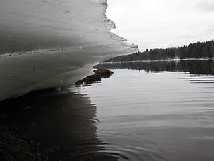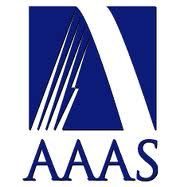Accepting Responsibility For Our Broken Energy Policy
We’ve had discussions recently on the amount of subsidies that the fossil fuel industries receive from the federal government here in the U.S. To be sure, there is a great deal of hanky-panky played with these numbers. Let me go out on a limb here and suggest that the accounting method and total number that one chooses is often a function of the case one’s trying to make.
Normally, I simply say that it doesn’t matter; any amount is too much. After all, why on Earth would we want to provide incentive to promote damage to our ecosystems, weaknesses to our national security, lung disease, etc., especially when the subject industry is already the most profitable one on the planet?
But when I read a comment from “Pierre” earlier today: “How much is the ‘polluter not paying’ subsidy worth?” it started me thinking about this. This is a brilliant point, in that there are a ton of subsidies that this whole discussion normally sidesteps:
• The cost of the wars fought to maintain access to oil (more…)






 A reader asked that I comment on
A reader asked that I comment on 
